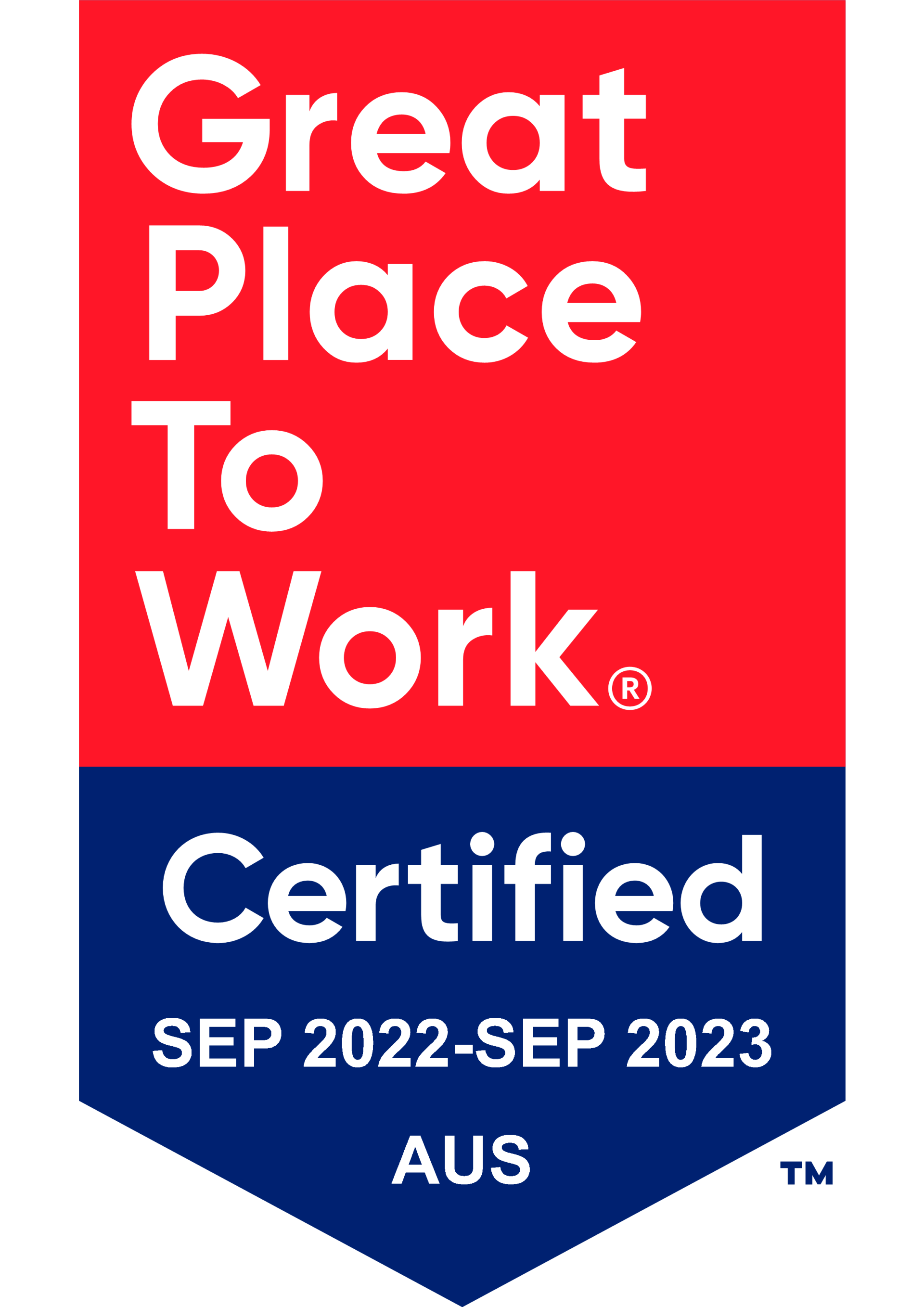3 Resolutions to Boost Your Tech Career in 2020
New year resolutions. It’s the time of year when your social media feeds are clogged with articles and people talking about the gym, eating healthy and looking after themselves, but what about your career? As we near the end of January, it’s not too late to reflect on the year that’s been and make some career resolutions for the year ahead. Whether that’s building stronger connections, furthering one’s education, or mentoring others, it could be anything! If you haven’t set any career goals yet, don’t let it fall by the wayside. Make it count and boost your tech career in 2020 with these three resolutions for technology professionals.
1. Attend a Tech Event by Yourself
When it comes to networking events, it’s only natural to coordinate with friends or colleagues and attend together. However, that may be exactly what is hindering you from making the connections you need to boost your career. While it may push you outside your comfort zone, make a pledge to go to a networking event, conference, or even a MeetUp group by yourself. Going alone has so many benefits and not going with a friend (who will likely command most of your time there) is the precise the reason to go alone. Instead, you’ll have the ability to spend your time the way you like, and the freedom to strike up conversations with new people.
If it sounds a bit nerve-wracking to attend alone, keep in mind there will be so many others that are just as nervous. And most importantly, talking to new people is a skill, one that needs to be honed, maintained, and valued just like anything else! With a bit of practice, it’ll start to feel natural and before you know it, nothing will hold you back from working a room and further building your professional network.
2. Help Someone Else’s Career
It is often said that one the of the best ways you can help yourself is to help someone else. Sharing your experience with others and mentoring someone young or new to the industry can, of course, benefit others – but it can also bring a significant sense of fulfilment for yourself as well. Being connected to a sense of purpose drives motivation and creativity in any field, and a lack of inspiration is just a hop skip and a jump from burnout.
Make a New Year’s resolution to take the initiative and mentor someone who could use your advice. Having this obligation will also double as external accountability, providing further motivation to perform or conduct yourself in a way that would be considered worthy of role modelling. Additionally, one of the benefits of mentoring is the ability to amplify someone else’s voice, someone who’s had different life experiences than you and likely has a fresh perspective professionally. A mentee will benefit from having a more senior team member to add clout to their voice, while the mentor can benefit from gaining a new viewpoint and avoiding stagnation.
Clearly, there are many advantages to be gained by mentoring others, but one of the most important gains is that you’re simply doing something good – something that a mentee will appreciate for years to come.
3. Develop a New Skill
To remain relevant in the rapidly changing tech industry, it’s more critical than ever to stay ahead of the game, especially in fields where it’s easy to become stagnant quickly. When hiring, tech companies are going after the latest and greatest talent who understand advancements in various platforms, apps and resources, so it’s critical to display a hunger to stay on top.
Because keeping up with current technology is so crucial, it’s important to further advance your skills through courses and executive seminars outside of your regular job. While the thought of continuously studying throughout your career may sound daunting, keep in mind this is something that can provide profound fulfilment and confidence in your expertise.
Not only that, but it doesn’t necessarily have to be something that weighs you down either. Try to avoid feeling overwhelmed by the pace that technology changes and focus on becoming competent at one new thing at a time, over the years it will add up and figure substantially on a CV.
Closing Thoughts
Although it doesn’t come easy, continuously building on one’s existing tech industry relationships and skills is imperative to keeping yourself dialled into the current IT landscape. Keeping in mind the tips above will assure you buoyancy when the going gets tough and set you up for a strong, fruitful career, and we’re confident you can achieve just that. If you could use a bit of guidance or are looking for tech jobs, PRA is an expert within the IT recruitment market – speak to the team.









